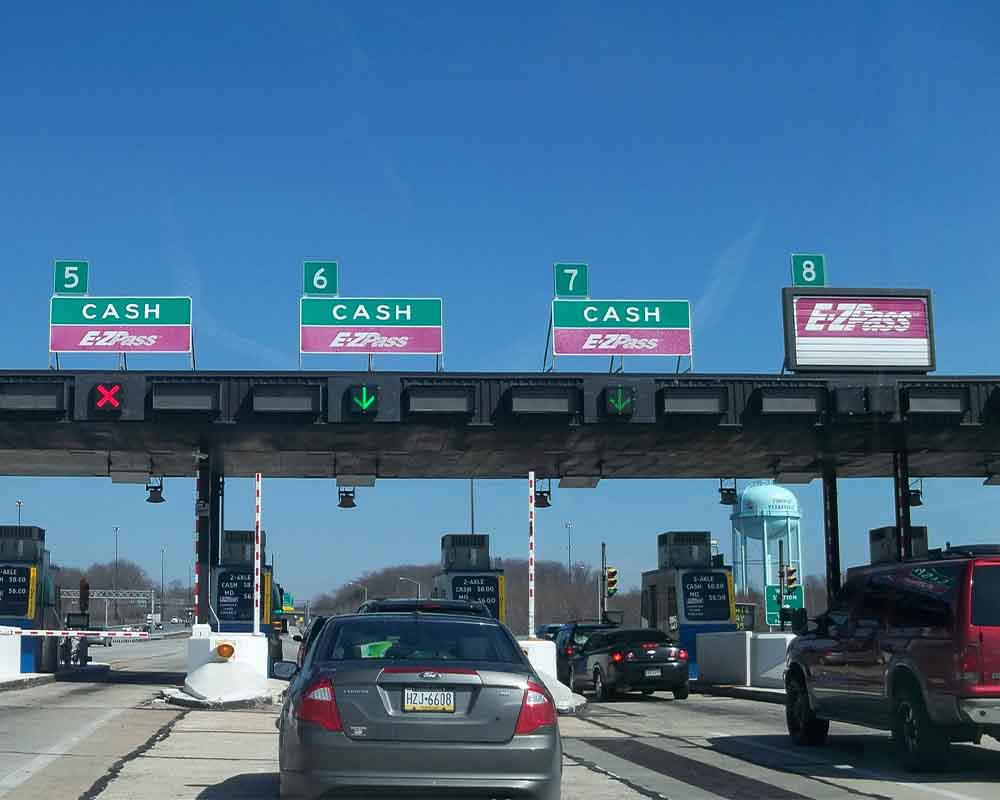TRENTON, NJ – As New Jersey Governor Phil Murphy launches his lawsuit against the New York City congestion tax and pushes for a gasoline-powered car ban by 2035, few are paying attention to the financial disaster awaiting car owners in the Garden State’s own backyard.
If fewer people drive gasoline cars and buy gas in New Jersey, it would likely have an impact on the revenue generated from the gas tax. The gas tax is a per-gallon tax imposed on the sale of gasoline, and it is a significant source of revenue for the state government, primarily used to fund transportation infrastructure projects, road maintenance, and other related expenses.
When the number of gasoline-powered vehicles on the roads decreases, the overall consumption of gasoline also declines. As a result, the total revenue generated from the gas tax decreases since fewer gallons of gasoline are being sold.
At least, that’s what you would think. Instead, the way the gas tax law is written, the state will not lose a dime. The gas tax will simply ratchet up on those remaining gasoline car owners and we’ll of course see a new tax on electricity to make up any other shortfalls.
To offset this potential loss in revenue, the state may explore alternative funding sources or adjustments to the gas tax structure. For instance, they might consider increasing the gas tax rate to compensate for the lower consumption or implementing additional taxes or fees on electric vehicles or other alternative fuel vehicles to capture revenue from those drivers.
It’s worth noting that as the adoption of electric vehicles (EVs) and other alternative fuel vehicles increases, discussions on updating the tax system to accommodate these changes are likely to occur.
Policymakers may explore new ways to ensure that all drivers, regardless of their vehicle type, contribute fairly to funding road infrastructure and maintenance. Additionally, alternative funding mechanisms, such as tolls, vehicle registration fees, or mileage-based charges, could be considered to maintain a stable source of revenue for transportation needs.
One thing anyone from New Jersey knows for sure is, we’ll be the ones paying for whatever Trenton wants us to pay for. New Jersey is already near the top when it comes to most taxed states, but under Phil Murphy’s radical energy plan, our spot at the top is waiting for us.
